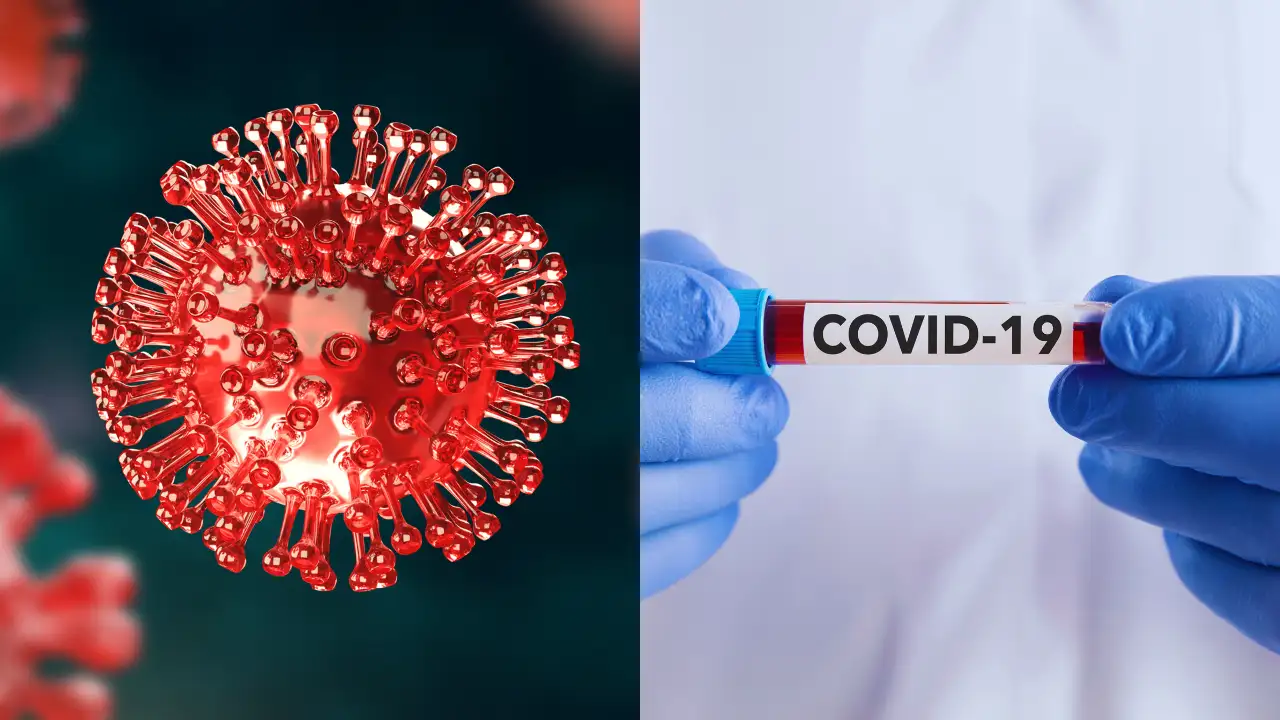Just when we were starting to forget how to spell ‘Omicron’, along comes its distant variant, JN.1, knocking at our doors. Yes, COVID-19 is back in the headlines, and no, this is not a rerun of 2020. While JN.1 is a variant of interest, it is not one of concern. However, it is the most common COVID variant currently doing the rounds in India. Still, it is worth keeping an eye on it, especially if your immune system tends to buckle under pressure.
JN.1 has descended from Omicron, that infamous variant from the past, and much like its parent, JN.1 spreads quickly. However, it does not pack as much punch; most cases so far have been mild. So, no need to panic-buy groceries just yet. But yes, there is always a "but." If you have underlying health issues, it is wise to pay attention.
The numbers are creeping up across India. Nine states have reported rising cases. Kerala is topping the chart, followed by Maharashtra and Gujarat. In Bengaluru, 32 out of the 38 cases in Karnataka have emerged. Even Delhi, after nearly three years of COVID calm, has recorded its highest single-day spike with 23 new cases. Hospitals are being told to keep beds and oxygen handy—just in case.
Elsewhere, Noida saw a 55-year-old woman test positive, and AIIMS Rishikesh has logged three infections, including one tourist and a doctor. Down south, a Hyderabad pulmonologist was the lone COVID case but recovered swiftly.
Now, here is where things turn serious.
While JN.1 might be throwing soft punches, it is not entirely harmless. People with comorbidities like diabetes, heart disease, or respiratory issues should treat this variant with more caution than the average person sipping chai without care.
Karnataka’s Health Minister, Dinesh Gundu Rao, has issued a heads-up: patients showing signs of respiratory distress, or SARI, must be tested. It is not about creating panic but staying alert. As he put it, there is no need for alarm bells, just some sensible precautions.
The grim reality is that COVID-related deaths are still happening, though rare. In Thane, a 21-year-old with severe diabetes succumbed to complications. An 84-year-old man with multiple health issues also passed away after testing positive. These are stark reminders that while JN.1 may be mild, it is not a joke, especially if your health is already on shaky ground.
So, what should you do if you have comorbidities?
First, do not treat COVID like a common cold. Stay masked in public, avoid crowded spaces, wash those hands like you’re prepping for surgery, and definitely stay up to date with your jabs. If you feel the familiar tickle in your throat or a stubborn cough that will not quit, do not wait. Get tested. Early detection means quicker treatment and fewer complications, not to mention protecting the vulnerable folks around you.
